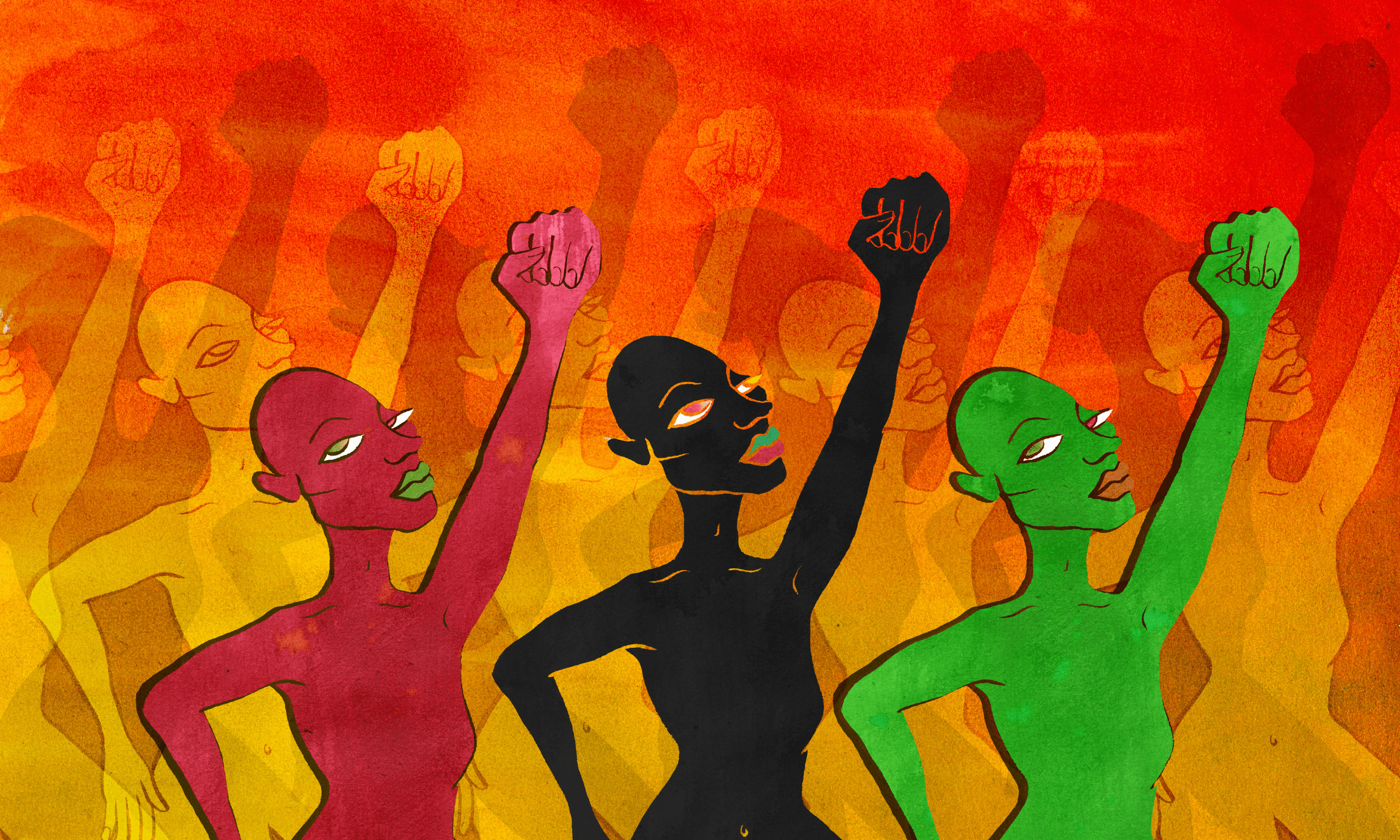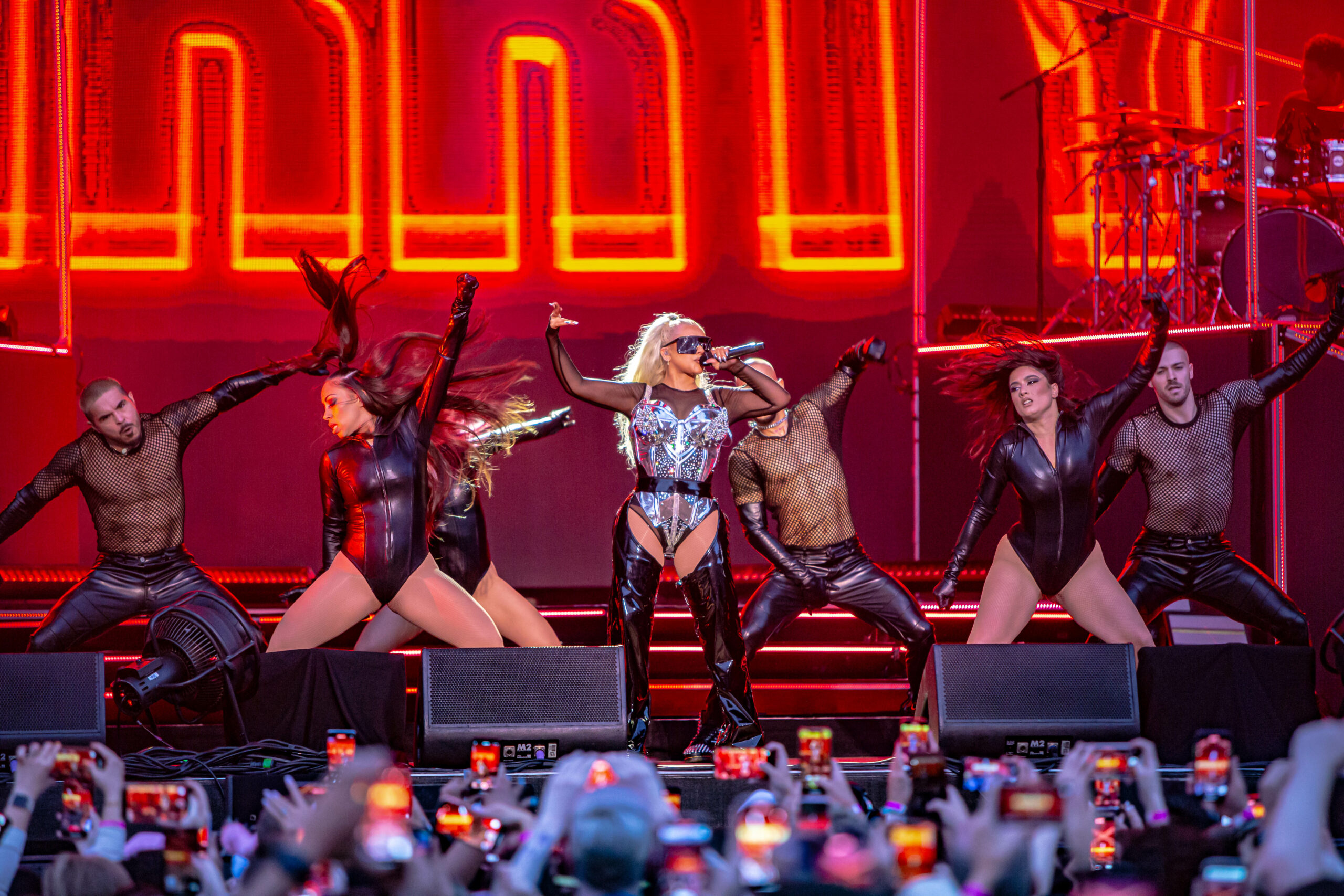
Black Beyond America: the importance of representing blackness outside the U.S.
Jessica Cole
31 May 2018
Diaspora is a state of being and a process of becoming, within a journey of negotiation that crosses a span of spatial and social identities. The Diaspora of black people from the continent of Africa stretches across the world, from Puerto Rico to England. Yes, we share a common ethnic history of colonial displacement, but we also have also formed culturally specific identities. Although recently we have made significant progress in the representation of the black diaspora, it has to broaden beyond being English-American centric, and into the spheres of the individual cultures that make blackness so eclectic.
The artist, poet, writer, and gal-dem contributor Portia B has sought to stimulate this with the youtube series Black Beyond America. Portia introduces the series as a way to break through “the limitations of black media representation, which tends to be highlighted from an African American perspective”. The docu-series widely recognises the presence of black people outside of the mainstream tropes that often frame black identity as either African, African-American or Caribbean. Although, as Portia remarks, this is not the fault of these people, she stresses that the space needs to be opened up for those black communities that do not fit into these narrow categorisations. As the writer and Nobel Prize winner Toni Morrison once remarked: “If there is a book that you want to read, but it hasn’t been written yet, you must be the one to write it.”
In one of the first episodes, “Afro Latinos”, a handful of Afro Latino people discuss the implications not only of external prejudices, but the issues of colourism within the community. The episode reveals just how deep the intersection between black and latino is, with over 90% of enslaved Africans during the transatlantic slave trade having been imported into the Caribbean and South America. The contributors unpack what it means to proudly be Afro Latino, and reasons why, despite the history of blackness in Latin America, their presence is still largely ignored. The episode signposts ways in which conversations on Afro Latino identity can be developed within and beyond the community, and be taken into the wider black and global consciousness. This is a conversation that the episode recognises has been sparked in the mainstream, by the Afro Latino star of the show Love and Hip Hop Miami, Amara La Negra.
One of the most resonating points of the episode is the discussion of the difference between ethnicity and culture. As one speaker Stoney Michelli remarks, a person’s identity may start with their visible blackness, but it does not end there. The struggle against the “where are you really from?” strain of enquiry denies a black person rightful claims to cultures that function outside of stereotyped black cultures. As the episode highlights, this is another way that the complexity of blackness is simplified, ignoring the eclectic history and contribution of black presence. The speakers point out that “Latino” is not a race, it is a culture and just because a person is black, it does not make them any less Latino than those who visually fit the white stereotypes of Latino. If blackness is the seed from which we have all grown from, then our cultural differences are the roots that have spread out across the global community and given us our individuality.
The most invigorating aspect of Black Beyond America is how the episodes not only focus on the celebration of black cultural difference, but also allow space for the discussion of different ideas and arguments. It is refreshing to see how the series creates a platform for black people from a variety of backgrounds to voice their own opinions. This approach recognises the true meaning of diversity, which is not only in our visible representation but through a range of opinions that do not coalesce into one strand of “black” thought.
The series negotiates internal issues within black communities, whilst also turning outwards in the unanimous declaration of black presence not going anywhere. Black Beyond America is a reminder that we can have similarities in being black people, whilst maintaining our own cultural specificities as individuals and communities across the world.
Check out the full series here.









